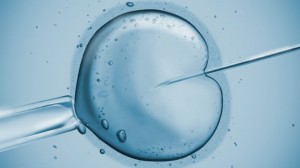CHICAGO — Shots that protect against cervical cancer do not make girls promiscuous, according to the first study to compare medical records for vaccinated and unvaccinated girls.
The researchers didn’t ask girls about having sex, but instead looked at “markers” of sexual activity after vaccination against the sexually transmitted human papillomavirus, or HPV. Specifically, they examined up to three years of records on whether girls had sought birth control advice; tests for sexually transmitted diseases or pregnancy; or had become pregnant.
Very few of the girls who got the shots at age 11 or 12 had done any of those over the next three years, or by the time they were 14 or 15. Moreover, the study found no difference in rates of those markers compared with unvaccinated girls. Read full article.
